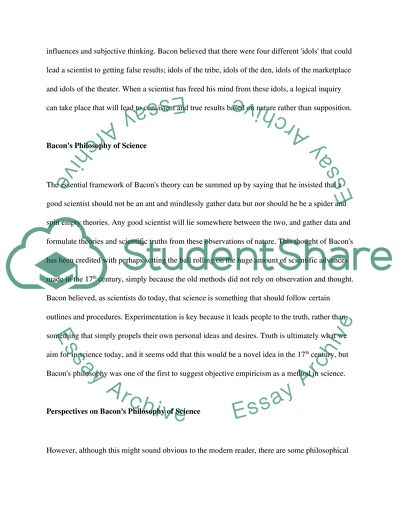Cite this document
(“Case Study of a Philosophical Argument of Francis Bacon Assignment”, n.d.)
Retrieved from https://studentshare.org/philosophy/1433346-my-major-is-education-my-class-is-philosophy-and
Retrieved from https://studentshare.org/philosophy/1433346-my-major-is-education-my-class-is-philosophy-and
(Case Study of a Philosophical Argument of Francis Bacon Assignment)
https://studentshare.org/philosophy/1433346-my-major-is-education-my-class-is-philosophy-and.
https://studentshare.org/philosophy/1433346-my-major-is-education-my-class-is-philosophy-and.
“Case Study of a Philosophical Argument of Francis Bacon Assignment”, n.d. https://studentshare.org/philosophy/1433346-my-major-is-education-my-class-is-philosophy-and.


